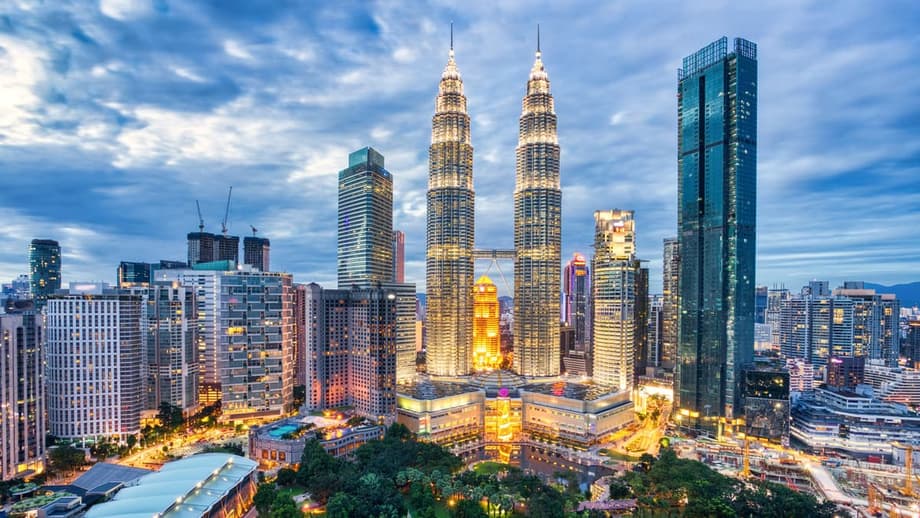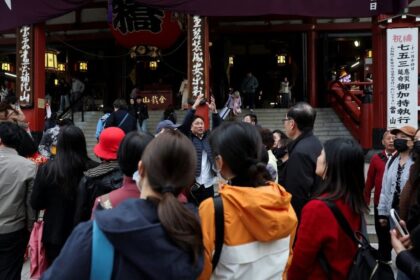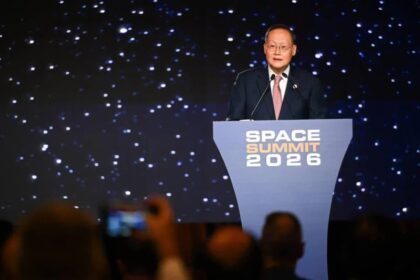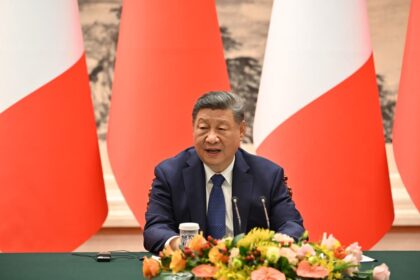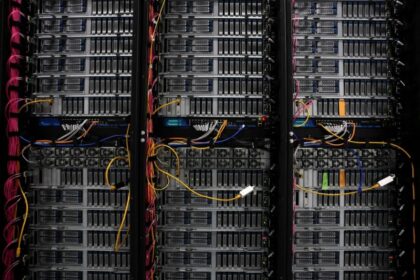A fast track for investors in Malaysia
Malaysia has unveiled a new route for global investors, the Investor Pass, a one year golden visa launched by the Malaysian Investment Development Authority on April 1. The pass targets senior business leaders who want to explore or expand operations in the country. Processing takes five business days, far faster than typical residence schemes. The visa is meant to turn exploratory trips into concrete investments, bridging the gap between short visits and full relocation. It complements, rather than replaces, Malaysia My Second Home and the Premium Visa Programme. For companies that need decision makers on the ground to assess sites, meet regulators, and finalize partners, the Investor Pass creates a rapid entry lane.
- A fast track for investors in Malaysia
- Who qualifies and what the Investor Pass allows
- How does it compare to MM2H and PVIP
- Application basics and timeline
- Why Malaysia is introducing the Investor Pass
- Taxes, lifestyle, and cost considerations
- How Malaysia stacks up in Southeast Asia
- Which Malaysian route fits your plan
- Risks, compliance, and safeguards
- What to Know
Unlike tourist style entries, the Investor Pass gives qualified applicants up to twelve months of residence with multiple entries, subject to immigration controls at each entry. Applicants must be senior decision makers in priority sectors such as manufacturing, education, hospitality and related services. The authorities recognize three eligible profiles. First, newcomers who are assessing the market. Second, existing investors or partners of Malaysian companies who need to manage or expand projects. Third, executives already in active discussions with government agencies. There is no minimum spend requirement. Applicants provide proof of employment and investment plans and pay a fee of 1,296 ringgit, excluding separate immigration charges. Dependents are not covered by this pass.
Who qualifies and what the Investor Pass allows
The Investor Pass is designed for business leaders who can make or influence capital decisions. Applicants are expected to demonstrate a credible plan to invest, partner, or expand in Malaysia. Typical activities under the pass include meeting with government agencies, conducting due diligence on suppliers and sites, negotiating joint ventures, and supervising early project milestones. It sits at the intersection of a business visit and a residency document, with more flexibility than a short social visit and fewer permanent settlement features than Malaysia’s longer residence options.
Permissions and limits
The pass is valid for twelve months and allows multiple entries. Stays may be capped per entry, which means holders should plan periodic exits and reentries if they need to remain on the ground for extended periods. The pass does not function as a work permit. Salaried employment with a Malaysian entity generally requires a separate Employment Pass or other work authorization. Family members cannot be attached as dependents under this scheme. Authorities intend the one year window to serve as a performance checkpoint. Extensions are possible, and activity during the first year will be reviewed when holders request more time.
Eligible profiles at a glance
- New to Malaysia, assessing market entry or potential acquisition
- Current investor or partner of a Malaysian company, managing or expanding projects
- Executive in active dialogue with government on incentives, sites, or regulatory approvals
How does it compare to MM2H and PVIP
Malaysia now offers three distinct routes serving different goals. The Investor Pass is the short, flexible option for senior decision makers who need to be present to evaluate and execute deals. Malaysia My Second Home, or MM2H, is a residence style program with multi year visas, a path that suits families, retirees, and professionals who want a base in the country. The Premium Visa Programme, or PVIP, is a premium tier solution for affluent applicants who need long duration status with work and investment rights.
MM2H was recently restructured into tiers. The silver tier typically involves a fixed deposit around 150,000 US dollars and purchase of a home worth at least 600,000 ringgit. Higher tiers increase deposits and property thresholds, extending visa duration to as much as twenty years at the top tier. MM2H allows dependents and is popular with families who want stability, education access, and the ability to live part time or full time in Malaysia. Some categories require a minimum presence period each year. Processing can take several months, and financial criteria must be maintained to renew.
PVIP offers a twenty year, multiple entry visa issued in five year tranches. It requires a fixed deposit of 1 million ringgit in a Malaysian bank and proof of offshore income of 40,000 ringgit per month, along with a participation fee of 200,000 ringgit for the main applicant. PVIP permits holders to live, work, invest, and run a business without a minimum stay requirement. It also supports dependents. The bar is higher than MM2H, but the flexibility is broader. For those who plan to build operations or hold executive roles in Malaysia over the long term, PVIP is the comprehensive route.
Application basics and timeline
The headline advantage of the Investor Pass is speed. Approvals target five business days once a complete file is submitted. The fee is 1,296 ringgit, and additional immigration charges may apply at issuance. Applicants must show that they are senior decision makers and that their visit has a concrete business objective tied to investment or expansion in Malaysia.
Core materials you should expect to prepare
- Valid passport with remaining validity that exceeds the intended stay
- Proof of current employment and executive status, such as an employer letter or corporate appointment documents
- A brief investment or business plan, outlining sector focus, intended partnerships, estimated capital, and engagement with local authorities
- Evidence of ongoing discussions in Malaysia if applicable, such as meeting invitations or letters of intent
- Proof of funds relevant to the proposed activity
- Fee payment and any forms required by immigration or investment authorities
The Investor Pass does not include family members, and it does not convert into a work permit. If the investment plan requires operating a company with local hires or taking a salaried position, be prepared to apply for the appropriate Employment Pass through the Expatriate Services Division. Always check the latest guidance before filing, since administrative details and document lists can change.
Why Malaysia is introducing the Investor Pass
Malaysia is competing for capital and talent across Southeast Asia. The country has a diverse industrial base, from high value manufacturing and electronics to education and hospitality. It offers an English speaking business environment, deep supply chains around Kuala Lumpur, Penang, and Johor, and strong regional connectivity. A one year pass for senior investors shortens the time between initial interest and real commitments. That is attractive for multinational board members who need to visit plants several times in a year, venture capital partners who want to evaluate startups, and regional executives who must manage projects in multiple cities.
Regional competition is heating up. Thailand promotes a long term resident visa with ten year validity for targeted categories. Indonesia has created investor friendly residence options. Vietnam is moving toward a golden visa concept of five to ten years, with proposals that include a ten year investor visa and a five year talent visa and a plan for digital applications. Outside Asia, some European countries have tightened or closed golden visas, while others still run them under stricter rules. Malaysia’s approach is to offer a spectrum of choices, from a quick business focused pass to long duration residence programs, to attract both capital and people.
Taxes, lifestyle, and cost considerations
Malaysia’s tax framework is often cited as an advantage. The country traditionally taxes income sourced in Malaysia. Treatment of foreign sourced income has evolved in recent budgets, and specific exemptions or transitional rules may apply depending on the taxpayer’s status and year of assessment. Investors should obtain professional advice before moving funds or restructuring holdings. Malaysia has an extensive network of double tax agreements. For investors who spend time in the country managing projects, understanding when they become tax resident and how business profits are sourced is essential.
Daily life and cost structures appeal to many executives. Kuala Lumpur, Penang, and Johor Bahru offer high quality private healthcare, international schools, and a wide range of housing in urban and suburban neighborhoods. Property purchase minimums for foreigners vary by state. Kuala Lumpur often sets a floor around 1 million ringgit for purchases by non citizens, while thresholds differ elsewhere. The Investor Pass does not require buying property, and there is no minimum spend requirement tied to the visa. For those on MM2H, property requirements form part of the tier structure, and some funds from fixed deposits can be released after a period to cover approved expenses such as housing or education.
How Malaysia stacks up in Southeast Asia
Countries across the region are fine tuning residence options to draw capital and skilled people. Thailand’s long term visas target professionals, retirees, and investors with packages that mix tax perks and service benefits. Indonesia’s programs include residence tracks connected to investment and financial assets. Vietnam’s tourism board has pushed for a golden visa valid five to ten years and a ten year investor visa with a path to permanent residence after five years if investment levels are maintained. The plan envisions a fully digital process and pilot cities such as Phu Quoc, Ho Chi Minh City, Hanoi, and Da Nang.
This competition is not limited to Southeast Asia. Europe still has programs in places like Greece and Portugal, although rules have tightened. Some countries have closed routes entirely. Against that backdrop, Malaysia’s mix of a fast investor entry, a structured residence option in MM2H, and a top tier PVIP provides flexibility. The aim is to meet different investor profiles without forcing a one size fits all residence choice.
Which Malaysian route fits your plan
Choosing between the Investor Pass, MM2H, and PVIP comes down to intent, timeline, and family needs. The right program depends on whether the goal is to test the market, move with dependents, or secure long duration status with the ability to work and run businesses. The three programs can also be sequenced. Some leaders may start with the Investor Pass to validate deals, then switch to PVIP or MM2H when a project reaches scale or when family relocation is on the table.
- Pick the Investor Pass if you need up to one year of flexible presence to evaluate and start projects, without dependents, and without a minimum spend condition
- Pick PVIP if you want a twenty year status, the freedom to live, work, invest, and run businesses, no minimum stay rule, and you can meet the 1 million ringgit deposit, offshore income requirement of 40,000 ringgit per month, and participation fees
- Pick MM2H if you prefer a tiered residence structure with fixed deposits and property purchase, want to bring family, and can commit to the presence and financial requirements for your tier
Risks, compliance, and safeguards
Investment linked visas attract scrutiny. Authorities screen applicants for security and financial integrity, and most programs require a clean criminal record and robust source of funds documentation. The Investor Pass is deliberately short. Renewals are an opportunity for officials to confirm that genuine investment activity has taken place. Applicants should keep records of meetings, site visits, contracts, and milestones, and maintain the same level of transparency they would expect in a regulated transaction.
The Investor Pass does not grant a path to permanent residence or citizenship. MM2H and PVIP are also not citizenship by investment programs. Malaysia’s path to permanent residence and citizenship follows separate laws and timelines. Professionals who intend to take up employment should plan for the correct work authorization, such as an Employment Pass or, for established talent already in Malaysia, the Residence Pass Talent. Compliance with immigration rules, tax obligations, and sector specific approvals keeps projects on track and avoids costly delays.
What to Know
- Investor Pass offers a one year, multiple entry golden visa aimed at senior decision makers
- Processing targets five business days with a fee of 1,296 ringgit, excluding immigration charges
- No minimum spend requirement, but applicants must show proof of employment and investment plans
- No dependents allowed and the pass is not a work permit
- Validity is twelve months, with stays per entry potentially capped
- MM2H provides tiered residence options with deposits and property requirements, and supports families
- PVIP grants a twenty year visa with work and business rights, requiring a 1 million ringgit deposit and offshore income of 40,000 ringgit per month
- MM2H and PVIP processing often takes months, while the Investor Pass is designed for speed
- Regional competition is growing, with Thailand, Indonesia, and Vietnam expanding or proposing long duration visas
- Malaysia’s programs do not offer citizenship by investment, and separate work authorization is needed for salaried roles


